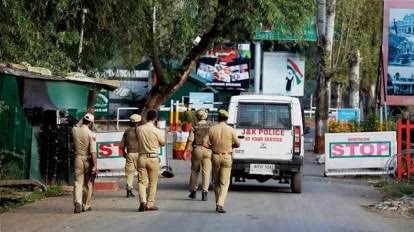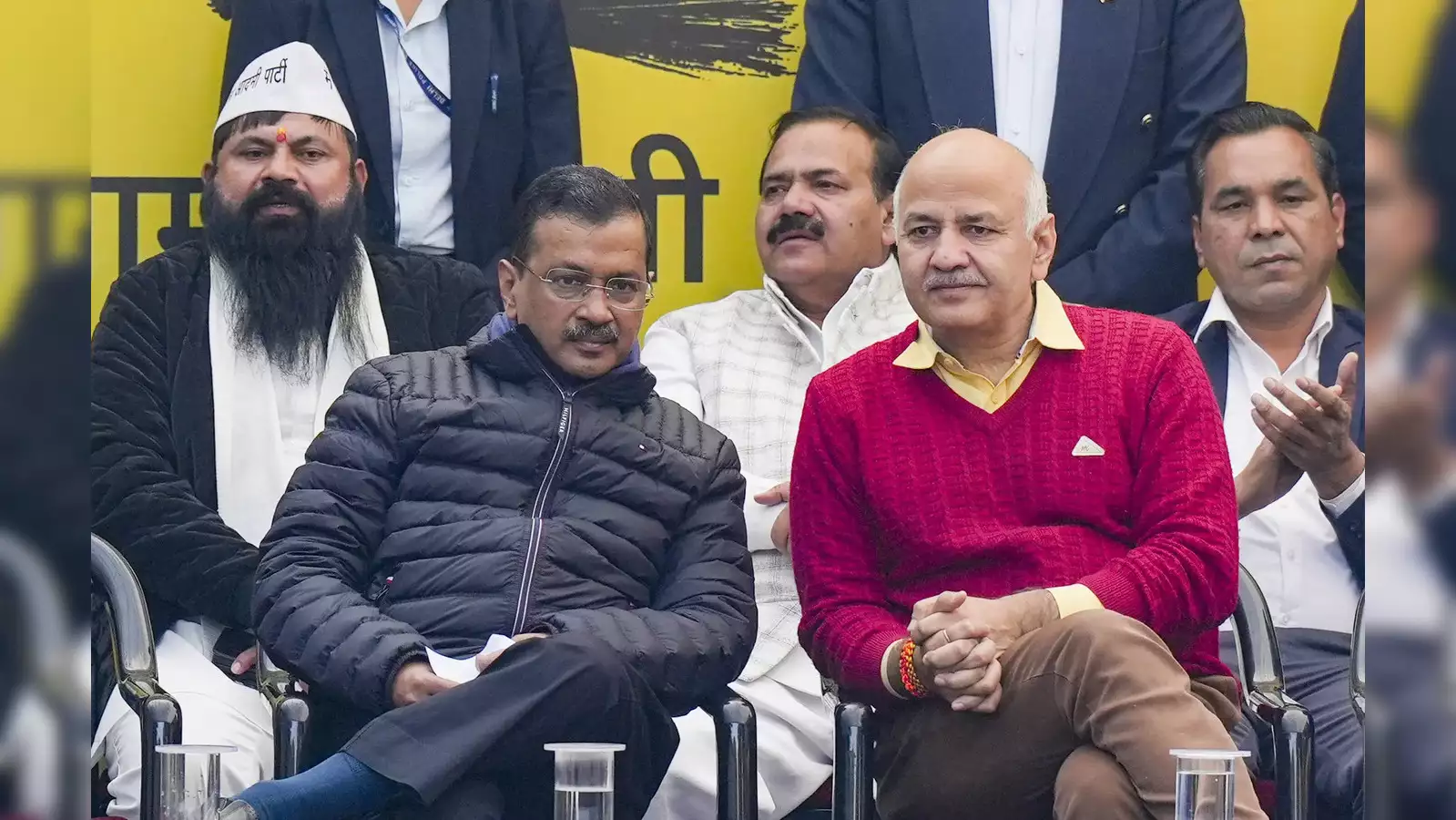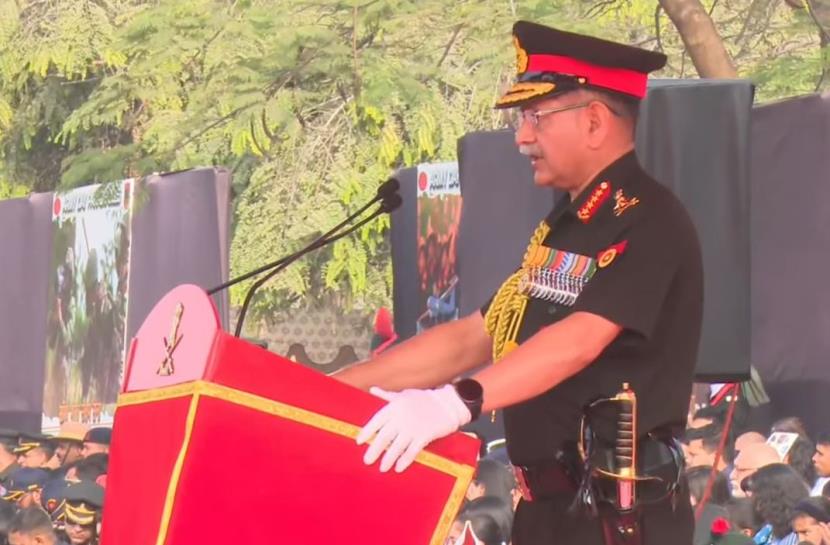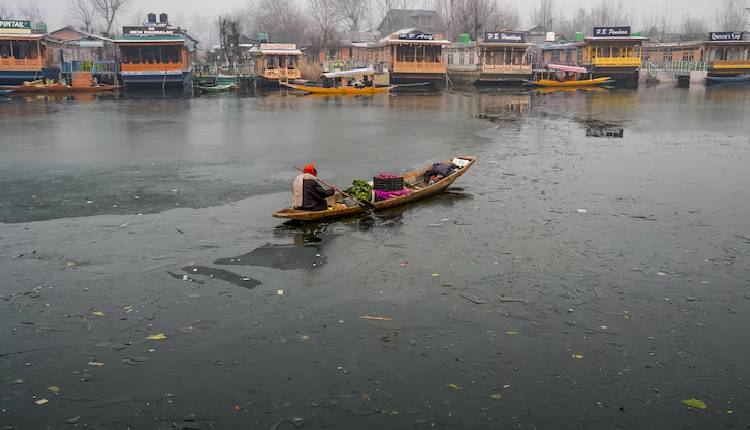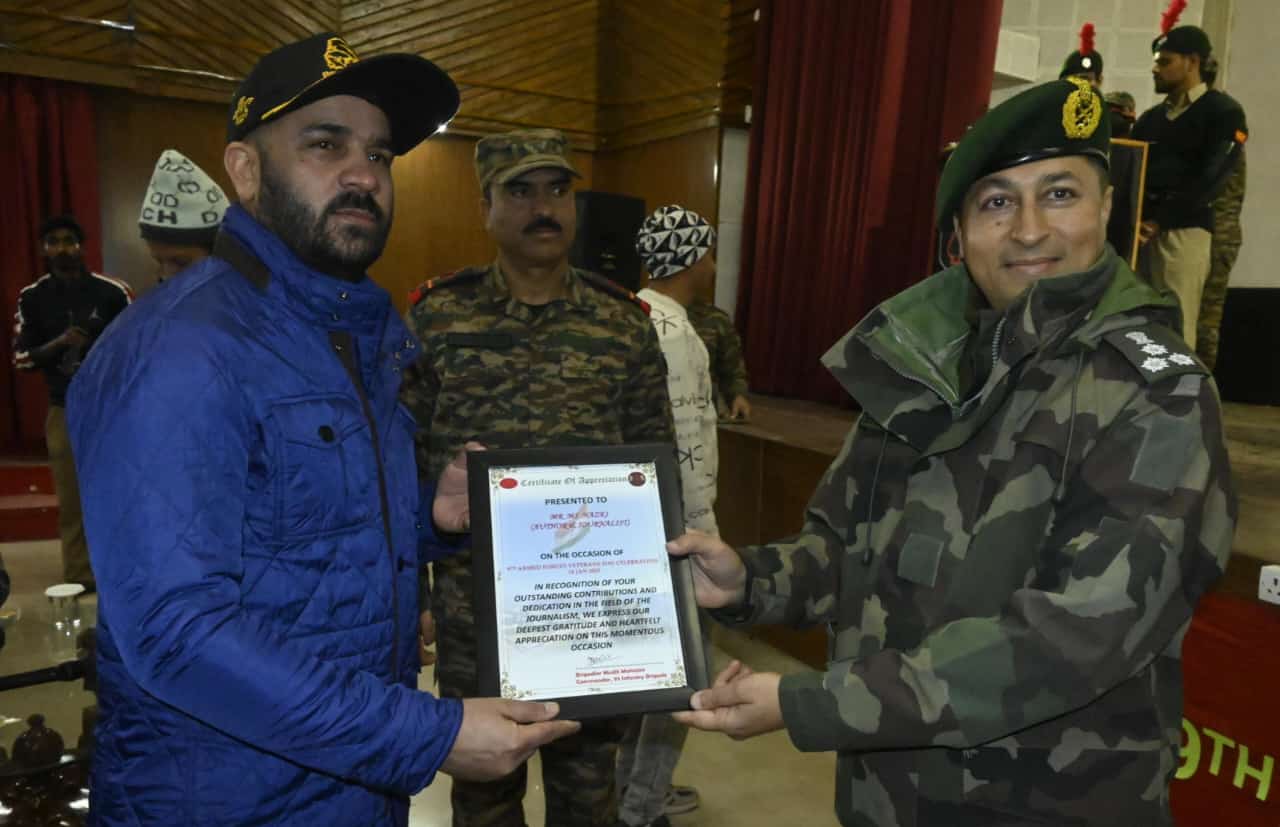Facing Internet connectivity issues in implementing the three new criminal laws, the Jammu and Kashmir Police has asked the Union Home Ministry to whitelist Reliance Jio so that it can be used in police stations across the Union Territory, The Indian Express has learnt.
The issue was discussed in a review meeting chaired by Union Home Secretary Ajay Bhalla. Chief Secretaries and DGs of all Union Territories highlighted teething issues faced in the implementation of the Bharatiya Nyaya Sanhita, Bharatiya Nagarik Suraksha Sanhita, and Bharatiya Sakshya Adhiniyam rolled out on July 1. J&K Police DG R R Swain was present at the meeting.
A senior official in J&K said that in most of the areas, there are only cable lines installed by Airtel and BSNL but there are network issues in remote areas where only Optical Fibre of Jio have been installed. “In all these apps of NIC (National Informatics Centre), whenever police personnel posted in remote locations are uploading documents, the app does not authorise the Jio network. So we have raised this issue in the meeting and are coordinating with the officials of NIC for a solution,” the official said.
While the Union Home Ministry has asked the NIC to send a technical team to J&K to resolve challenges in syncing large audio-visual files with e-Sakshya (e-evidence), a mobile-based application to help police record the scene of crime, as well as technical issues related to services such as e-signature, SMS notification, Nyaya Setu, Nyaya Shruti and e-court.
“The Centre has also asked that the UTs of J&K and Ladakh should together take up the issues being faced by them with the J&K and Ladakh High Court,” an officer familiar with the matter said.
In the meeting, which lasted for around two hours, DG Swain said their investigation officers are facing difficulties in accessing lockers under the e-Sakshya app, for which the network (Jio) being used by the police stations in J&K needs to be whitelisted.
“Swain informed that the availability of lesser bandwidth is also creating problems in downloading files. Some of their issues have been resolved, while the other issues are being actively addressed by the NIC,” the officer said.
In the meeting that lasted for over two hours, Additional DGP of Ladakh S D Singh Jamwal said they are facing some data synchronization challenges with the e-Sakshya app.
“In the meeting, Jamwal also informed that the J&K and Ladakh High Court already has a video conferencing mechanism for conducting trials, which they will align with e-Sakshya. They have also raised the necessity for mock sessions with the judiciary to implement the e-Courts system,” the officer said.
An MHA official said the NIC had developed applications, e-Sakshya, Nyay Shruti and e-Summon, for facilitating videography and photography of crime scenes, judicial hearings and delivery court summons electronically under the new criminal laws.
The e-Sakshya (e-evidence) is a mobile-based application which allows police to record the scene of crime, search and seizure in a criminal case and upload the file on the cloud-based platform. Every recording is around four minutes long and several such files would be uploaded for each FIR.
“eSakshya App, which facilitates videography and photography of crime scenes, along with onboarding documents have been shared with police departments of all the States and UTs. All the States/UTs have tested it. Nyay Shruti is an app, which facilitates judicial hearings through electronic means, along with onboarding documents that have been shared with all the States/UTs and e-Committee of the Hon’ble Supreme Court of India for implementation at the courts. The e-Summon app facilitates delivery of court summons electronically,” the official said.


